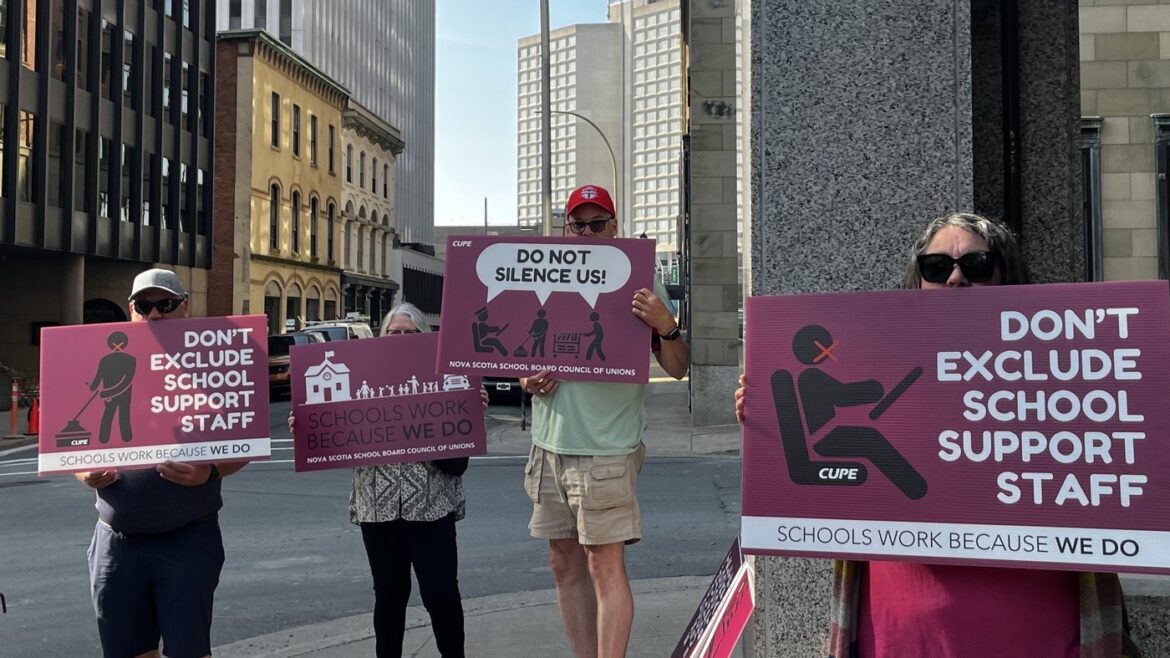286

CUPE school support workers outside of the Public Accounts Committee meeting last June, when they were left out of discussing the auditor general's report on school violence.




